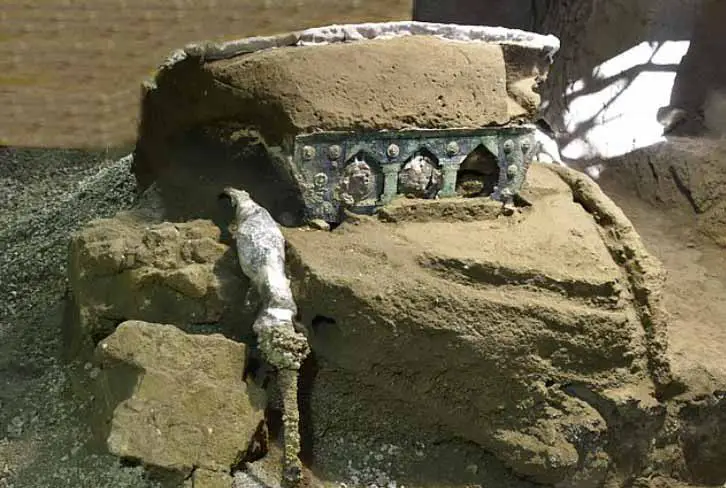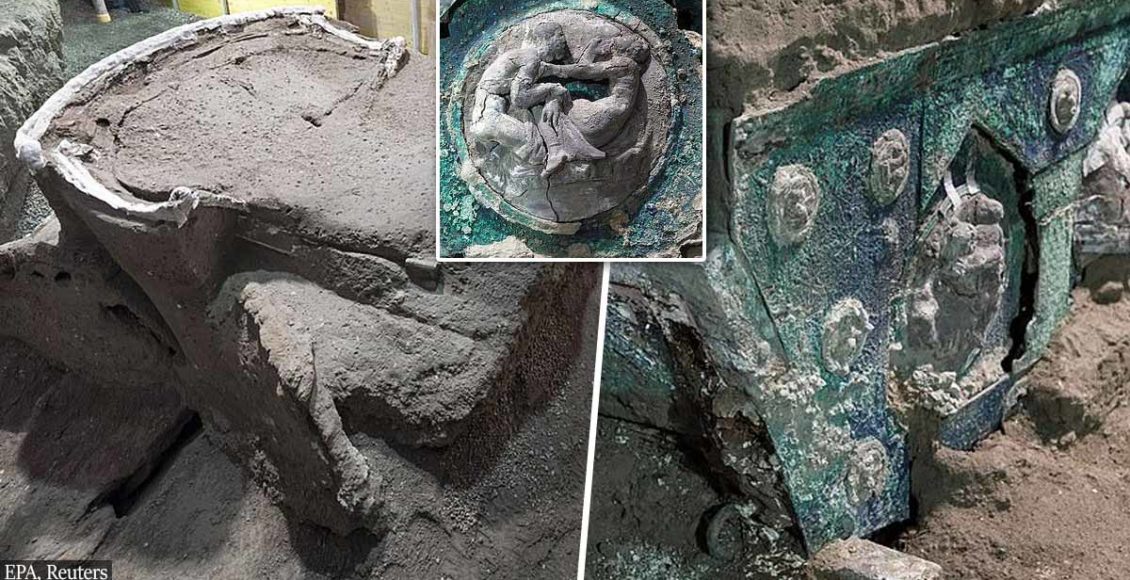A team of archeologists has just discovered a Roman chariot near the lost city of Pompeii.
- Archeologists unearthed a first-of-its-kind ceremonial carriage near Pompeii.
- The chariot was made of iron, bronze, and tin and was almost perfectly preserved.
- The Ancient city of Pompeii was buried in a volcanic eruption in 79AD.
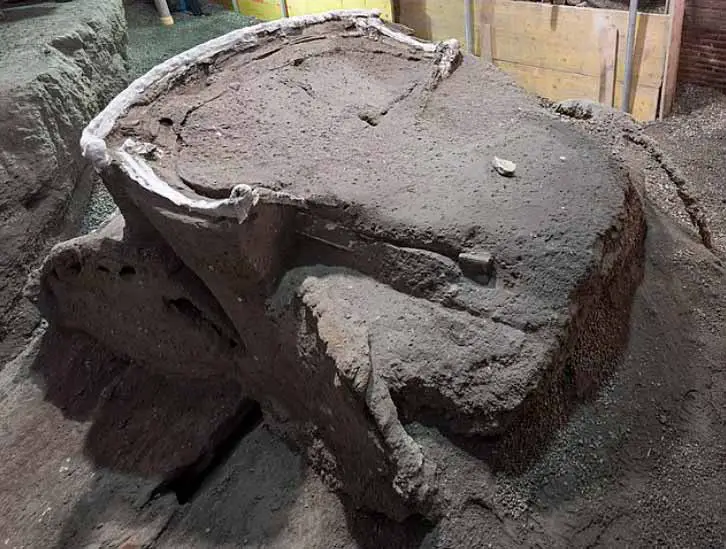
A discovery “without any precedent” has revealed more details about the lives of the people who lived in Pompeii – an Italian city that vanished after Mount Vesuvius erupted in 79AD. Archeologists found a ceremonial carriage at a villa close to the walls of the ancient city, Daily Mail reports.
The chariot is almost perfectly preserved. The materials used for its construction include iron, bronze, and tin. According to the outgoing director of the Pompeii archaeological site, Massimo Osanna, the carriage was the first of its kind discovered in the area. It was unearthed near the stables of an ancient villa at Civita Giuliana, around 765yds (700m) north of the walls of ancient Pompeii.
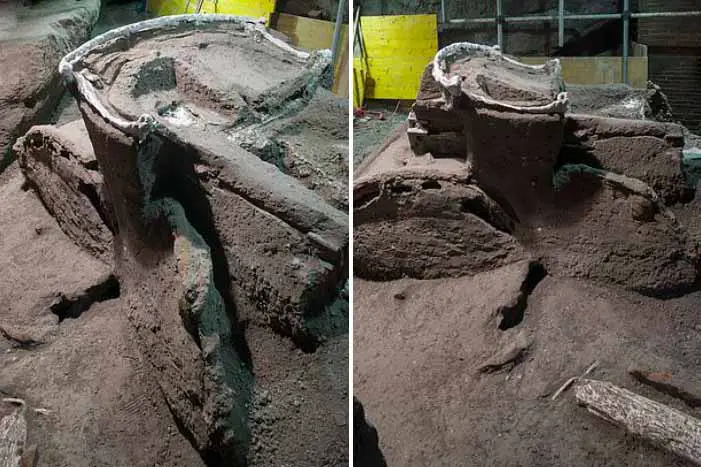
While previous explorations have dug up functional vehicles used for transport and work, this was the first time archeologists have found a ceremonial one. The Ministry of Cultural Heritage and Activities and Tourism called the discovery “a unique find, without any precedent in Italy.”
Osanna commented:
“This is an extraordinary discovery that advances our understanding of the ancient world. [The carriage] would have accompanied festive moments for the community, [such as] parades and processions.”
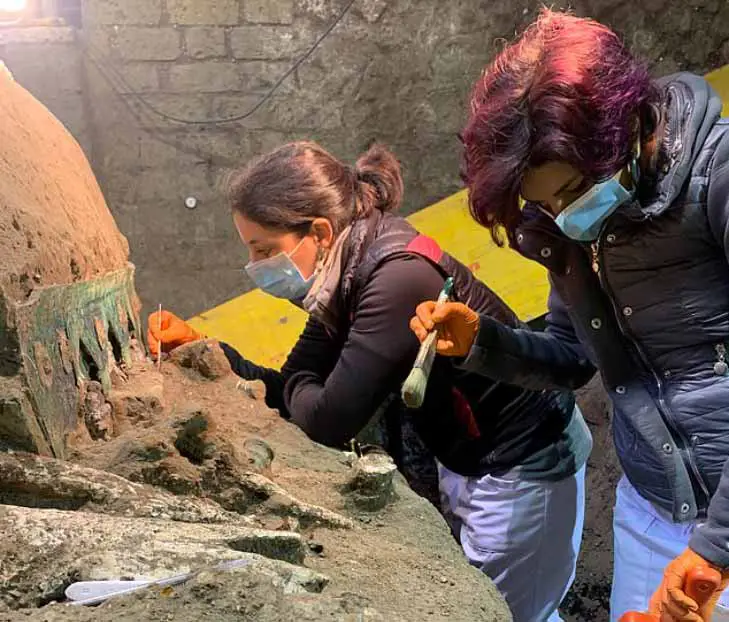
What happened to the ancient city of Pompeii?
Pompeii was a home of more than 10,000 residents. It was a bustling city located 14mi(23km) southeast of Naples.
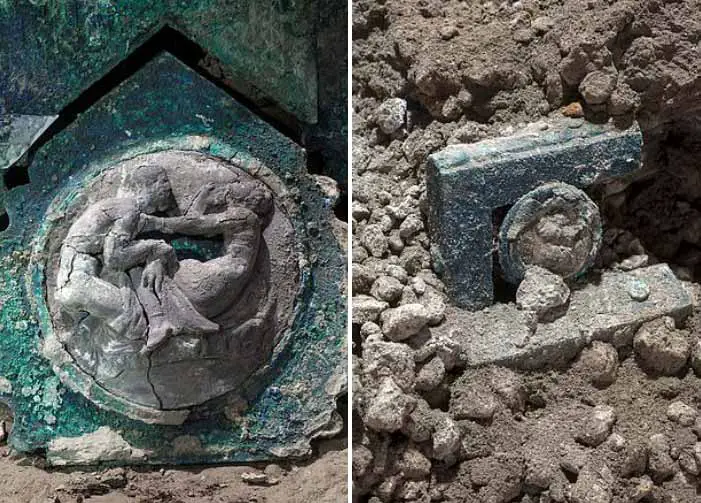
Tragically, in the summer of 79AD, Mount Vesuvius erupted, burying the site under a thick carpet of volcanic ash. Thousands of people lost their lives in the blast.
The now-famous Roman city was once a lost town. Its ruins were not found until 1748 when a group of explorers rediscovered the place.
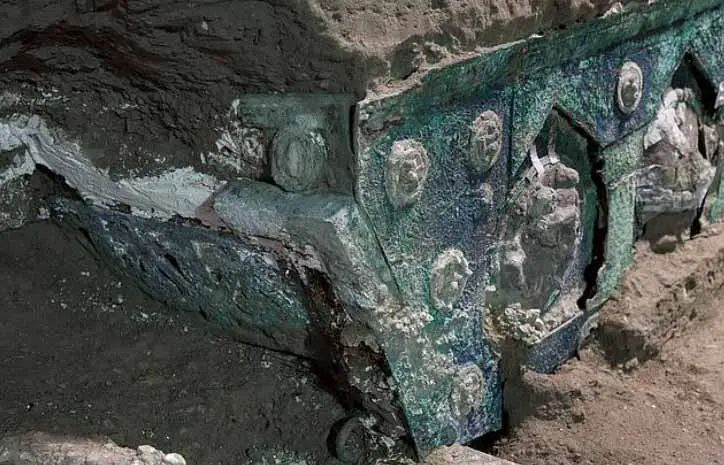
Talking about one of Italy’s most popular attractions and a UNESCO World Heritage Site, Culture Minister Dario Franceschini said:
“Pompeii continues to amaze us with its discoveries and it will do so for many years, with 20 hectares still to be dug up.”
